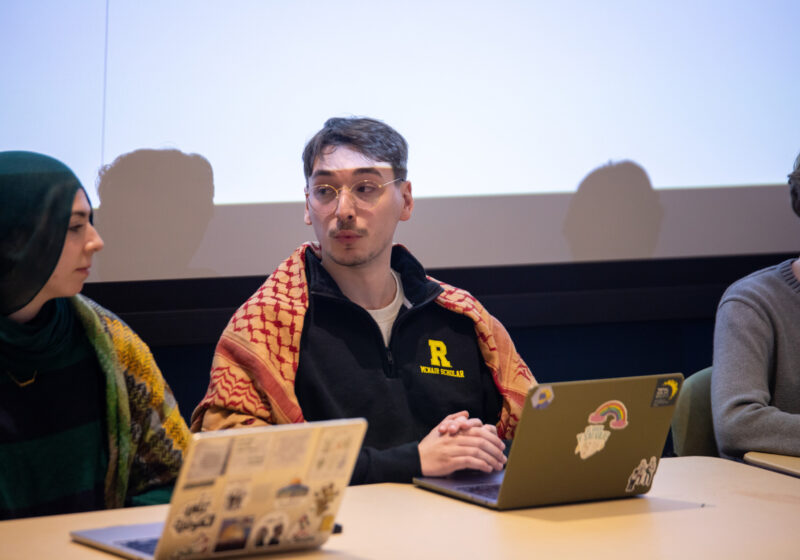72 UR faculty members frustrated with administrations’ actions surrounding reopening have launched a chapter of the American Association of University Professors (AAUP). History professor Stewart Weaver, associate professor of German June Hwang, and assistant professor in the Writing, Speaking, and Argument program Rachel O’Donnell wrote in a statement to the Campus Times that they felt the Faculty Senate — the current body advocating for professors — was insufficient in the face of COVID-19, a fierce point of contention between employer and employee.
“The COVID crisis immediately exposed the extent to which university administrations across the country had strayed from the principles of shared governance and faculty leadership as articulated by the AAUP,” the professors wrote.
The professors later told CT in an email that no specific event from the past few months had sparked the UR AAUP’s founding. Rather, UR’s general failure to include faculty members in reopening discussions and plans pushed professors to launch the chapter.
In their original statement, they wrote that “many members of the UR faculty have expressed misgivings” about both UR’s decision-making process when developing the reopening plans, and the plans themselves.
“According to the AAUP’s principles of shared governance,faculty have the primary responsibility for determining the educational policies and practices of the institution, they continued. “But over the years, at UR as at many other universities, an ever-expanding class of administrative professionals has assumed this role and tended to act independently.”
According to the professors, the goals of UR AAUP include advocating for untenured and contract faculty members, wage equity, and social change by the University. UR AAUP also hopes to return some administrative rights to the faculty, and to “ensure faculty responsibility for the best possible educational experience of undergraduate and post-graduate students.”
The professors cite a June 29 statement by AAUP, which says that university administrative bodies should not overlook faculty rights and responsibilities in times of crisis.
“Even in areas in which the faculty does not exercise primary authority — such as whether and how to reopen campus, budgetary matters, and long-range planning,” the statement reads, “the faculty still has the right, under widely observed principles of academic governance, to participate meaningfully.”



